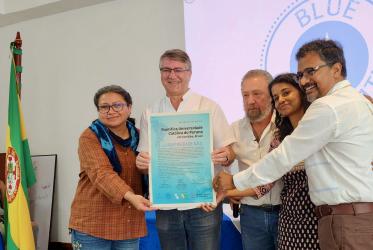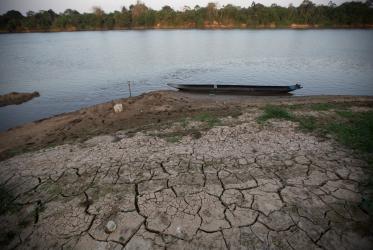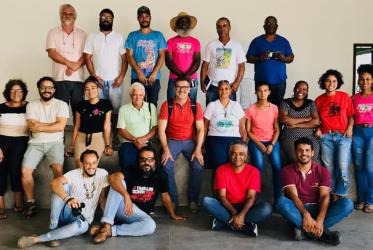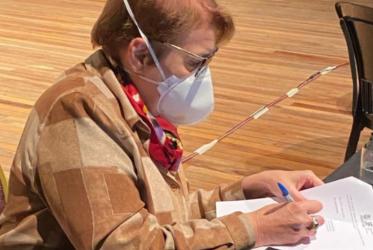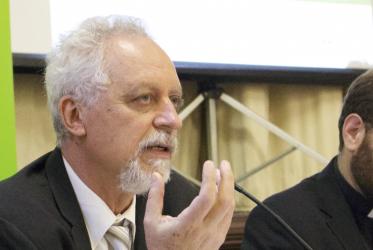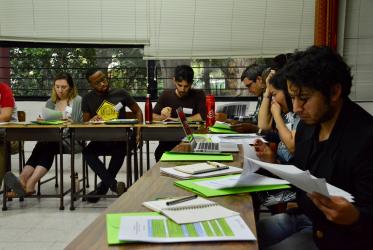Displaying 1 - 20 of 63
Brazilian ecumenical water network launched
29 July 2021
Pulling together for a living River Pardo
02 July 2021
WCC condemns massacre of farmers in Philippines
12 April 2019
Interfaith Rainforest Initiative expands
12 February 2019
All pilgrim routes lead to COP24
11 December 2018
WCC Eco-School encourages youth to become eco-ambassadors
08 November 2018
